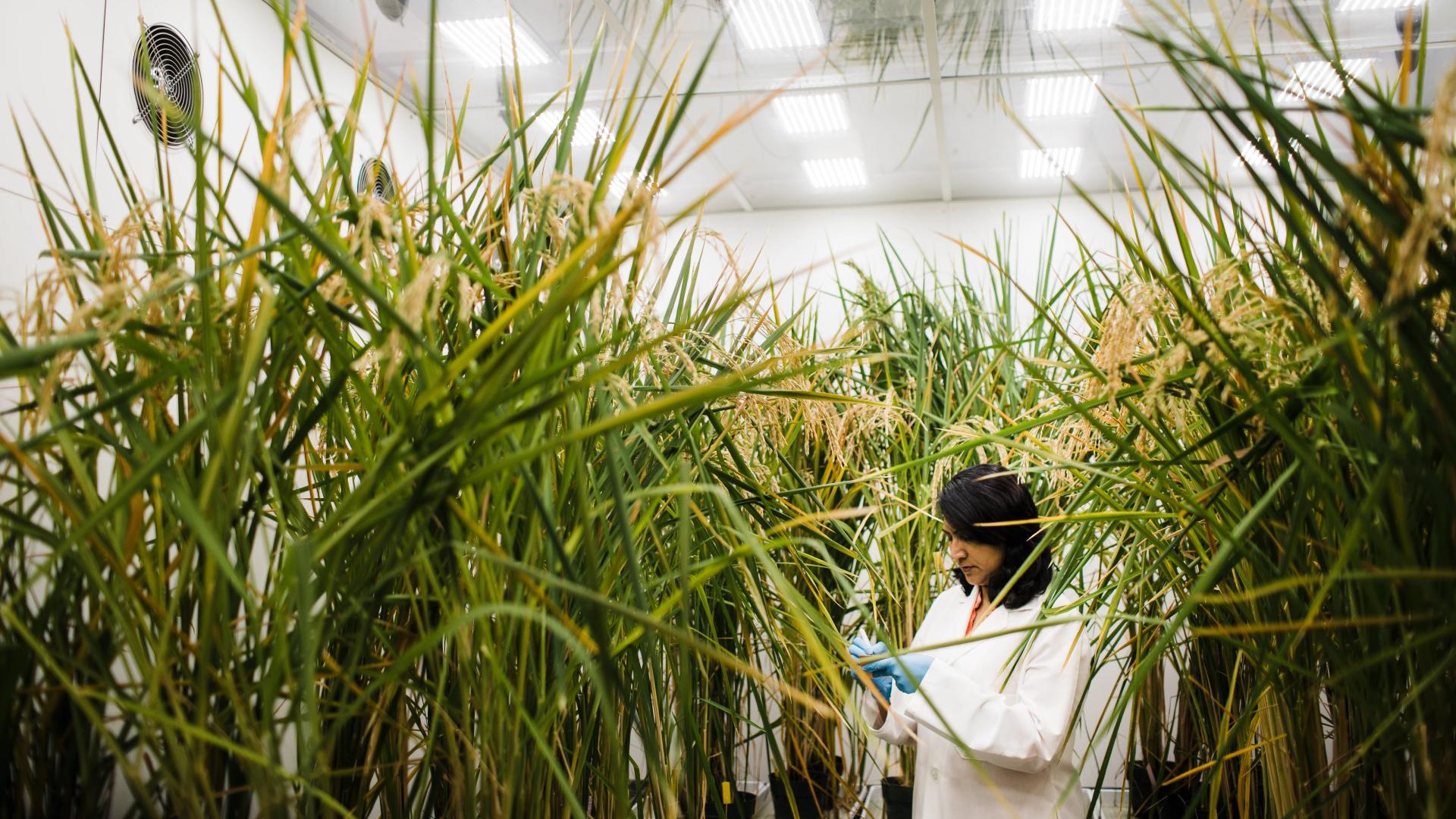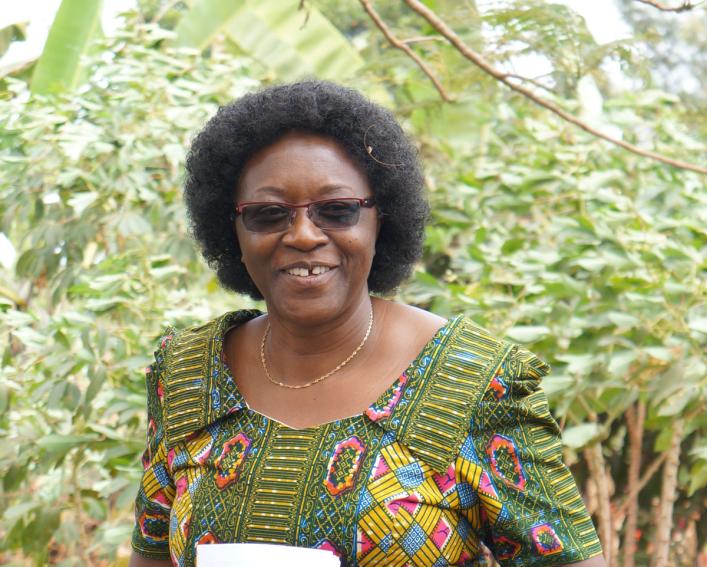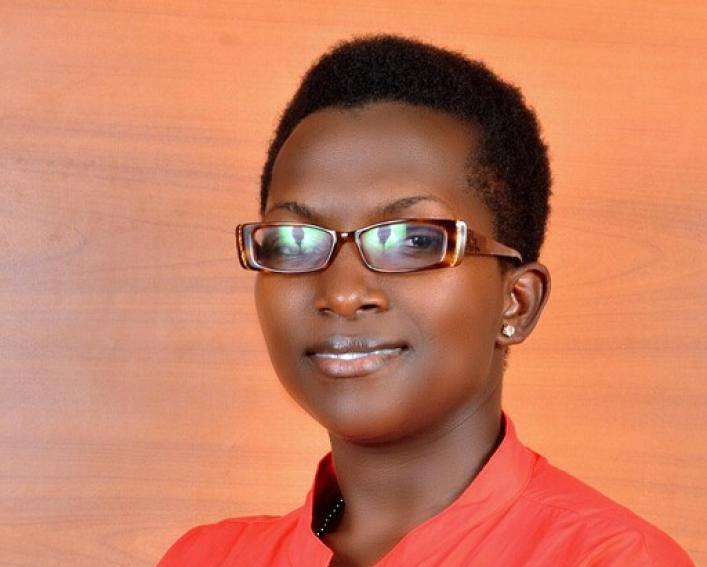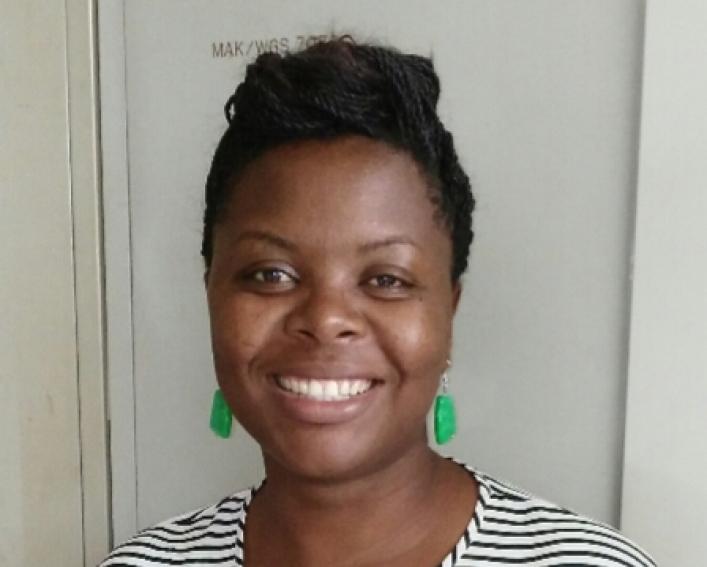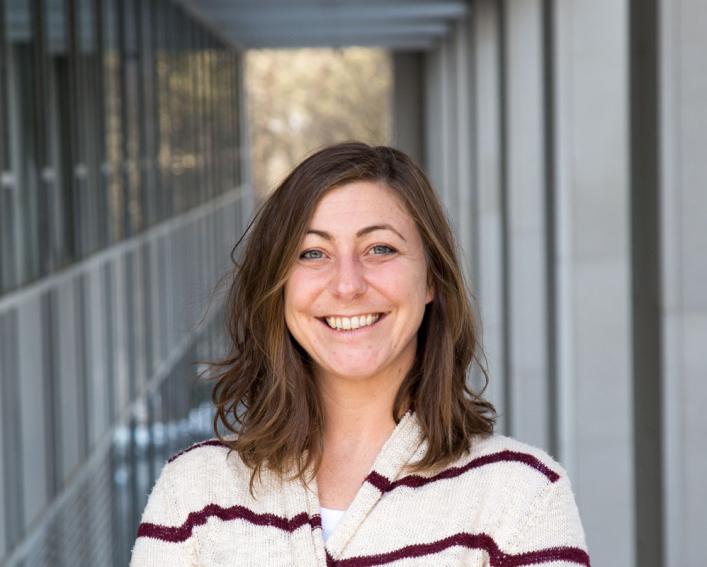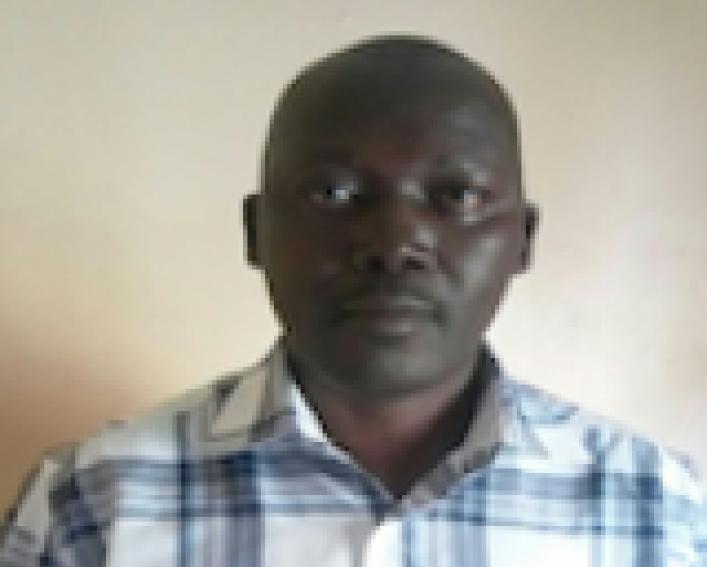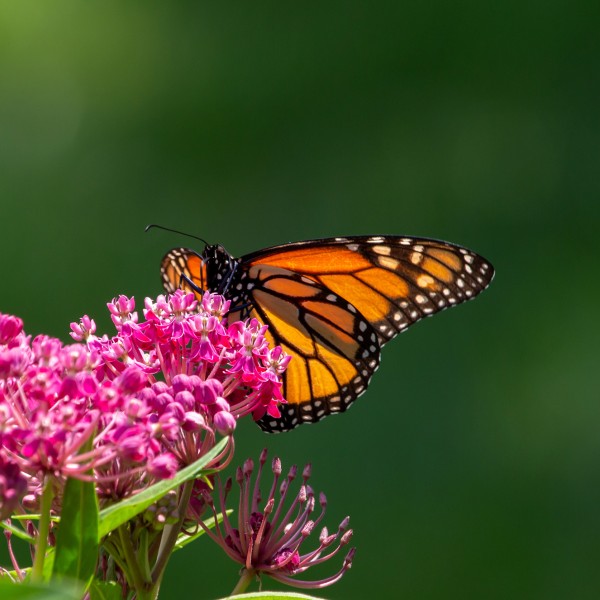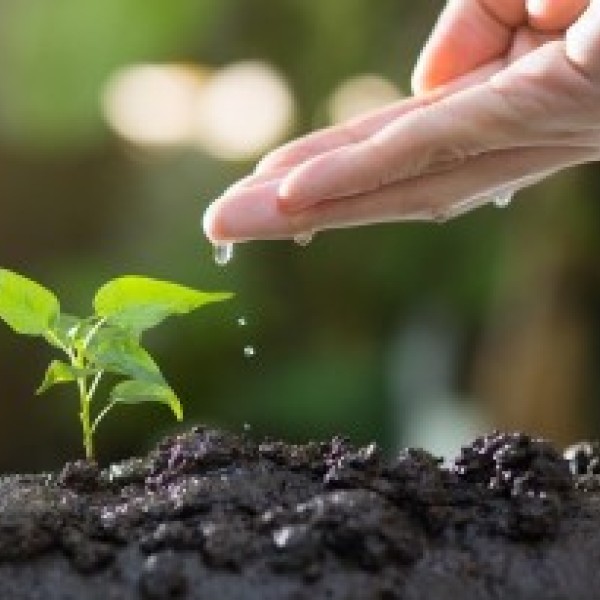The Beijing Declaration in 1995 set the global development agenda for gender equality across sectors, including agriculture. Since then, gender training has been a central approach for gender integration in agricultural development. Yet in the decades since that time, scant research has gone into how training has improved gender equality and women’s empowerment, and to what extent trainings may have or have not challenged the behaviors, attitudes and beliefs of trainees. Now, new research reveals insights into ways capacity development can catalyze gender transformational change and produce more equitable food systems for women.
In a special issue of the Journal of Gender, Agriculture and Food Security, four new studies explore lessons learned from the first five years of the Gender-responsive Researchers Equipped for Agricultural Transformation (GREAT) project. Launched in 2016, GREAT — led jointly by researchers at Cornell University in the United States and Makerere University in Uganda — developed a training model meant to disrupt the norms of crop improvement research. The studies take a comprehensive look at GREAT’s model and the impact feminist-informed gender training has on research and researchers in the crop improvement sector.
“Agricultural research systems have over the decades calcified into structures and processes that do not systematically prioritize gender equality,” said Hale Ann Tufan, GREAT co-PI and research professor of global development in College of Agriculture and Life Sciences (CALS). “Gender trainings that challenge research teams to break this status quo are a critical part of making agricultural research processes and outputs contribute to gender equality and social inclusion. This special issue explores the foundations of the GREAT model that aims to do this.”
The four papers demonstrate the importance of a feminist gender training program for effective social change, according to Margaret Mangheni, GREAT co-PI and an associate professor of Agricultural Extension Education at Makerere.
“These studies reveal the importance of exposure to feminist theories and testing models for transforming agricultural systems,” Mangheni said. “More work needs to be done to deepen paired learning with collaborative research engagements, but now for the first time there is a replicable model that can inform how agricultural research can impact gender equality.”
Along with Tufan and Mangheni, co-authors include Elizabeth Asiimwe (GREAT), Brenda Boonabaana (Makerere’s Department of Forestry, Biodiversity and Tourism), Elisabeth Garner (Cornell Global Development), Devon Jenkins (Cornell Global Development), Godfrey Kayobyo (Nkoola Institutional Development Associates), Peace Musiimenta (Makerere’s School of Women and Gender Studies), Yvonne Pinto (Aline Impact Limited) and Cassidy Travis (Aline Impact Limited).
- GREAT Expectations: building a model for applied gender training for crop improvement: This introductory paper outlines the genesis of the GREAT program. Co-authors Hale Ann Tufan, Margaret Najjingo Mangheni, Brenda Boonabaana, Elizabeth Asiimwe, Devon Jenkins and Elisabeth Garner
- Gender capacity development in agriculture: insights from the GREAT monitoring, learning, and evaluation system: Details the GREAT monitoring, learning and evaluation (MLE) approach. Co-authors Cassidy Travis, Elisabeth Garner, Yvonne Pinto and Godfrey Kayobyo
- Developing a competency framework for trainers of gender-responsive agricultural research training programs: Outlines the competency framework developed and deployed to assess the trainers’ competencies for GREAT. Co-authors Margaret Najjingo Mangheni, Brenda Boonabaana, Elizabeth Asiimwe, Hale Ann Tufan, Devon Jenkins and Elisabeth Garner
- Tracking the gender responsiveness of agricultural research across the research cycle: a monitoring and evaluation framework tested in Uganda and Rwanda: Exemplifies how the development of GREAT has generated broader impacts for agricultural research in development, outlining a framework for designing and tracking the gender responsiveness of agricultural research. Co-authors Margaret Najjingo Mangheni, Peace Musiimenta, Brenda Boonabaana and Hale Ann Tufan
About GREAT:
GREAT is an international collaboration between Makerere University in Uganda and Cornell University, USA. At Makerere University, the project is implemented by the College of Agricultural and Environmental Science (CAES) and the School of Women and Gender Studies, while at Cornell University, it is implemented through the Department of Global development in the College of Agriculture and Life Sciences.. GREAT is funded by the Bill & Melinda Gates Foundation through the Generating Evidence and New Directions for Equitable Results (GENDER Platform) coordinated by The International Livestock Research Institute (ILRI) in Nairobi, Kenya.


